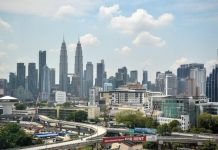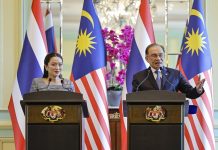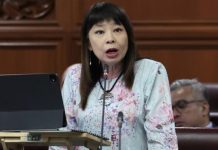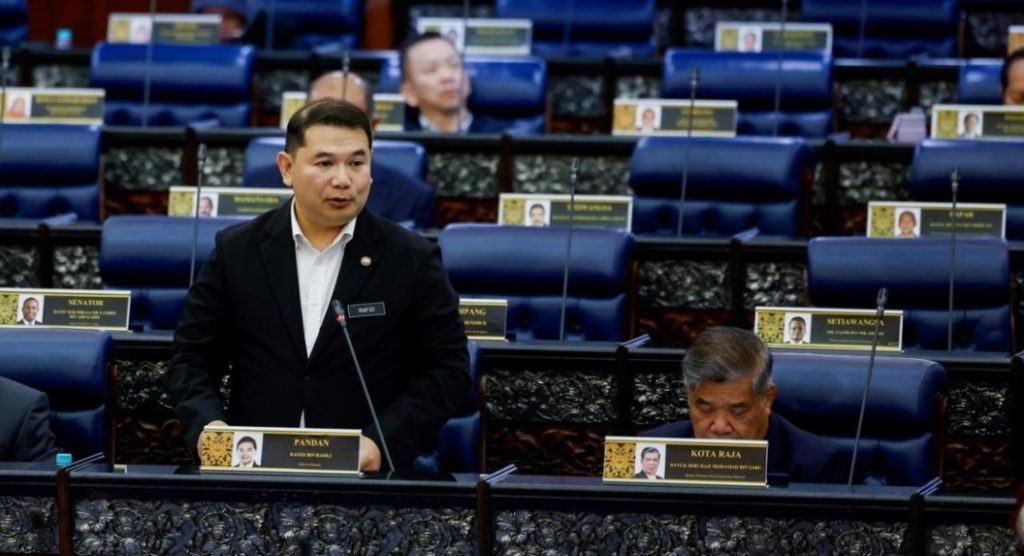
In efforts to meet the workforce demands in the high-income economic sector, the government outlined the 13th Malaysia Plan (13MP) to emphasise the need for talent development reforms in the country.
According to Economic Minister Rafizi Ramli, Malaysia is projected to become a developed country by 2027 or 2028, hence the country must foster a supply of highly skilled talent that aligns with high-income economic activities.
“Malaysia’s potential to become a regional economic leader is unquestionable, especially among investors. Therefore, we are proud of the performance of new investments entering Malaysia.
“Our only challenge is that while these investors come in to help drive the country’s economy, they require talent that aligns with their level of technology. Hence, we prioritise high-value and high-technology investments. In return, they need us to provide (them with) skilled talent to join the sector,” Rafizi stated.
He went on to say that the government’s efforts to supply talent for the high-income economic sector is one of its challenges and it needs to be evaluated in terms of the country’s education system and educational institutions’ directions. These are the fundamental basis for building the economy envisioned in 13MP.
“(The) high-income economic activity is no longer just about factories or road constructions – it is about creation. So we have to admit that it will be a challenge for our country as our entire talent development system is good (in terms of) education and training, centred on our previous economy, which is manufacturing and fabrication,” he said.
In the long term, Rafizi said his ministry is working towards elevating the nation’s economy from ‘Made in Malaysia’ to ‘Made by Malaysia’, which can create high-paying job opportunities for the country’s talents without requiring them to work abroad.
“Currently, ‘Made in Malaysia’ involves assembly work at factories, which often results in lower wages for workers. If it’s ‘Made by Malaysia’, we design it ourselves, so in planning terms, it’s all (headed) in that direction. However, changing from assembly skills requires different abilities,” he explained.
At the same time, the Investment, Trade and Industry Ministry (MITI) expects 10,380 job opportunities to be created via an industrial cluster development in the central region comprising the Federal Territory of Kuala Lumpur, Selangor, Negeri Sembilan and Melaka.
This initiative is expected to raise several macroeconomic measures, including the collective central region’s achievement in 2023, with a RM754.2 billion contribution to the gross economic product (GDP) and an estimated annual increase of RM24.5 billion from 2025 to 2030.

On this, MITI minister Tengku Datuk Seri Zafrul Abdul Aziz said that the strategic initiative aims to strengthen Malaysia as an investment, manufacturing and service hub for several focus sectors.
The central region has a high concentration of electrical and electronic (E&E), aerospace, pharmaceutical and food technology sectors and the government is determined to develop a targeted industrial cluster, starting with the central region, based on its existing strengths.
“We do not need to create a corridor authority or add new financial burdens on the federal government, thus saving administrative costs and fiscal allocations. We will also be able to leverage on current incentives,” he said.
Tengku Zafrul even expressed his confidence that the industrial cluster approach will attract additional investments, create new job opportunities, improve the local economy and promote fair and inclusive growth with close coordination between his ministry with other ministries, agencies as well as state governments.
In line with that, the Human Resources Ministry (Kesuma) outlined various initiatives to enhance the skills of Malaysian workers. Its minister Steven Sim Chee Keong said that the ministry has allocated RM3 billion for skills training management 2025, aimed at preparing the workforce for potential disruption driven by advancements in artificial intelligence (AI).
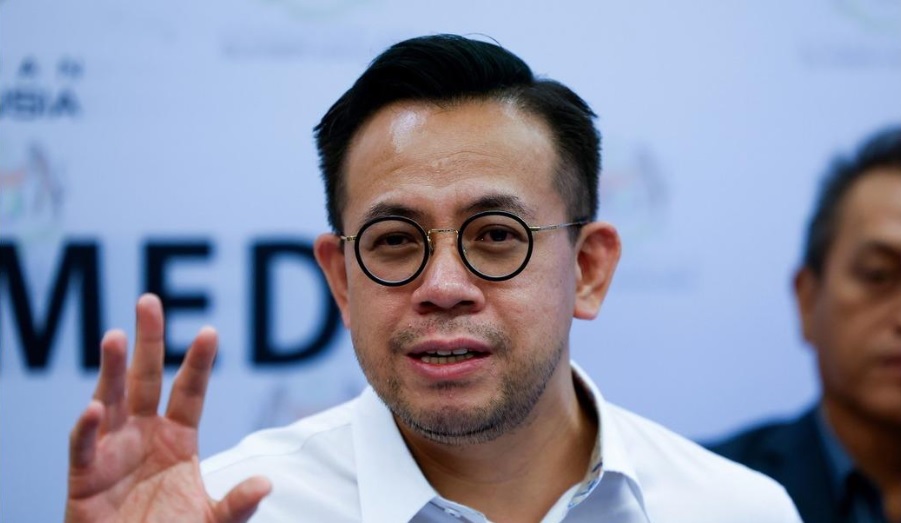
“The RM3 billion will be utilised to explore ways to support the estimated 600,000 jobs that may be impacted by offering re-skilling, up-skilling and cross-skilling programmes. These efforts will help workers adapt to new workplace environments and emerging technologies,” Steven Sim explained.
Based on the findings from the ‘AI, Digital and Green Economy Impact on Malaysian Workforce’ study that was spearheaded by Kesuma, it was found that the initiative will likely become essential in the job market over the next 3 to 5 years.
The study also revealed that 18% of Malaysia’s 3.5 million workforce are expected to be significantly affected in the next 3 to 5 years due to the accelerating influence of AI, digitalisation and the green economy.
According to the minister, the findings are vital for the government to formulate strategies to address future labour challenges while offering Malaysians a clearer perspective on job market trends.
“To address these challenges, Kesuma is planning to introduce a ‘fulfilment strategy’ – a comprehensive approach to training and skill enhancement that will equip Malaysian workers to navigate the evolving job market,” he added.







